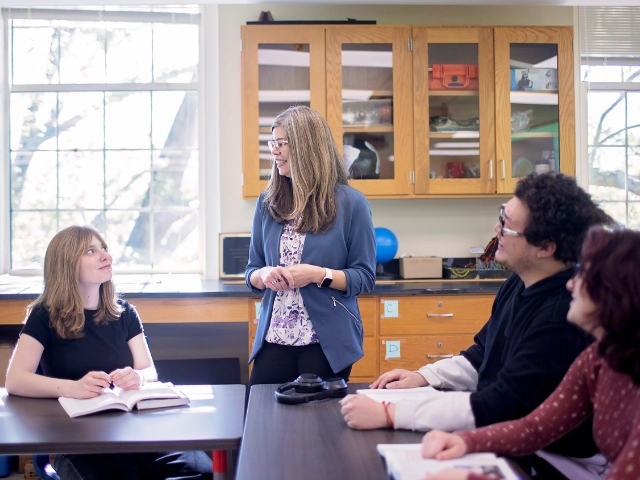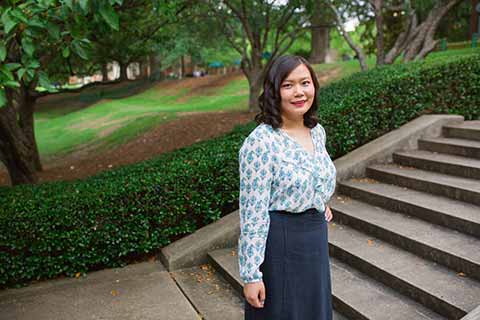Major in Sociology
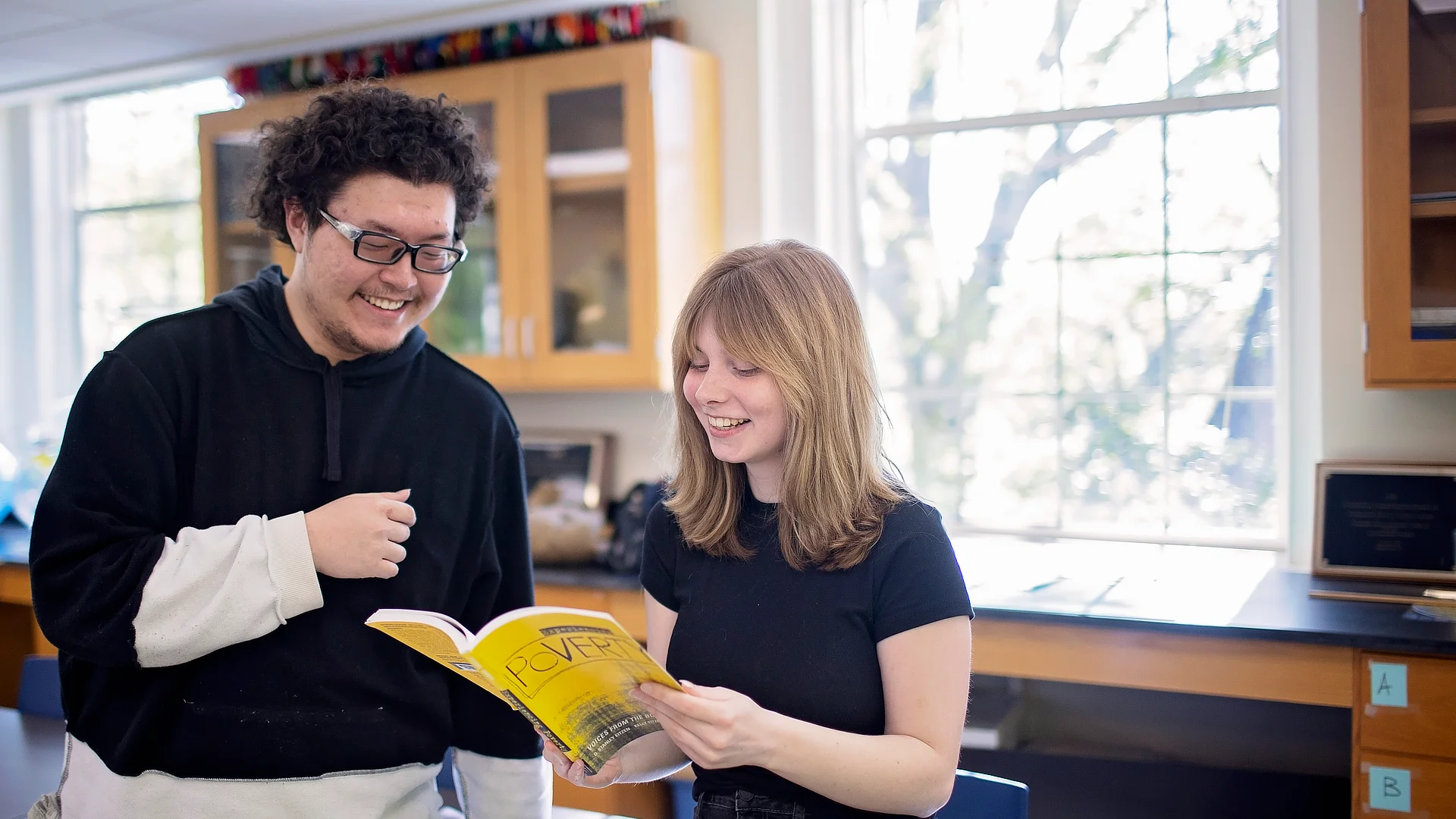
Is This Program for Me?
Are you fascinated by how people live, work, and interact in communities? Do you wonder why inequality exists, how cultures change, or what shapes human behavior? Are you driven to better understand and improve the world around you?
This program is a great fit for students who are:
- Curious about how society works and why it changes
- Passionate about justice, community-building, and social inquiry
- Interested in research, data, and the real-world impact of human interaction
- Preparing for careers in nonprofits, policy, urban planning, education, law, healthcare, or social research
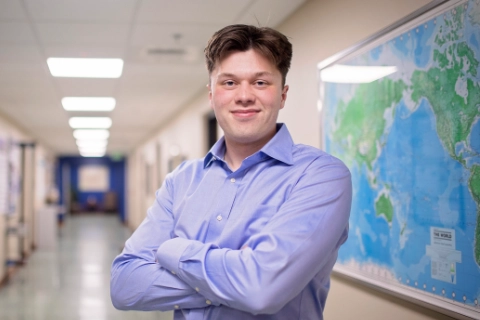
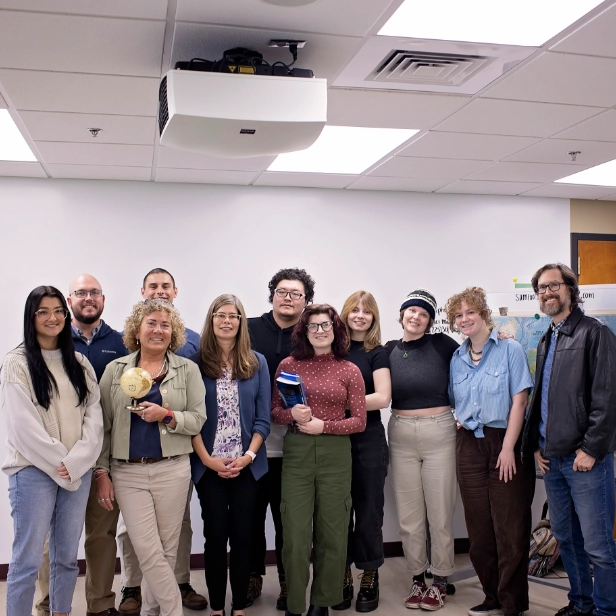
What Will I Learn?
Sociology at Samford provides the knowledge and research tools to explore complex social issues—from race and class to religion, healthcare, family life, and more.
Students will
- Analyze how social systems influence individual behavior
- Use data and research methods to study trends and test theories
- Apply the sociological imagination to social issues and public policy
- Think critically about how institutions shape opportunity, equity, and identity
“I am equipped to navigate any job or position that requires networking, critical thinking and interacting with diverse perspectives because of the Department of Sociology.” —Katy Ann Caldwell, Sociology Major, Race Ethnicity and Social Justice Minor
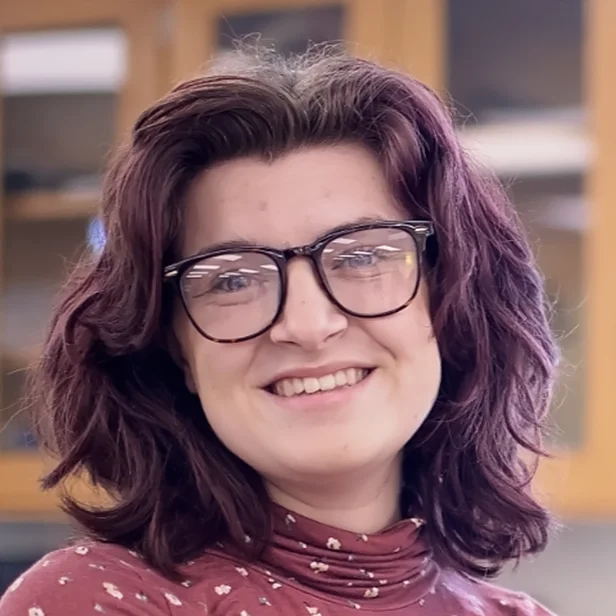
What Makes Us Different?
Customizable Research
Students design and complete original research projects on topics of personal interest, applying theory to real-world questions.
Sociological Imagination
Our courses challenge students to link personal experiences with larger social structures, developing critical awareness of power, inequality, and change.
Flexible Internships
Internships are tailored to student career goals, whether in urban planning, education, health, ministry, or nonprofit leadership.Mission-Driven Learning
Guided by the department’s mission to build flourishing human communities, we equip and inspire students for meaningful work.Career Preparation
Faculty Mentorship
Personalized guidance throughout your academic journey, from course selection to grad school applications or job searches.
Applied Learning
Students present findings from their original research in capstone courses and campus events.
Professional Skill Development
Learn to interpret data, present insights clearly, and navigate complex systems—skills valued in every professional sector.
Application Information
Freshman applications for next fall are open.Freshman Early Action applications close November 1st.The freshman first scholarship deadline is December 1st.Transfer applications for the spring semester close Dec. 15.Freshman FAFSA priority and scholarship deadlines are Feb. 15.Decision day is coming! Freshman applications for fall enrollment close May 1st.Transfer applications for fall enrollment close July 1st.Freshman applications for fall enrollment are closed. Applications for next year open August 1st.Transfer applications for fall enrollment are closed. Applications for next year open September 1st.
Cookie Preferences | Privacy Policy | Software Plugins
Microsoft Excel®
Microsoft Power Point®
Microsoft Word®
Adobe Portable Document Format

